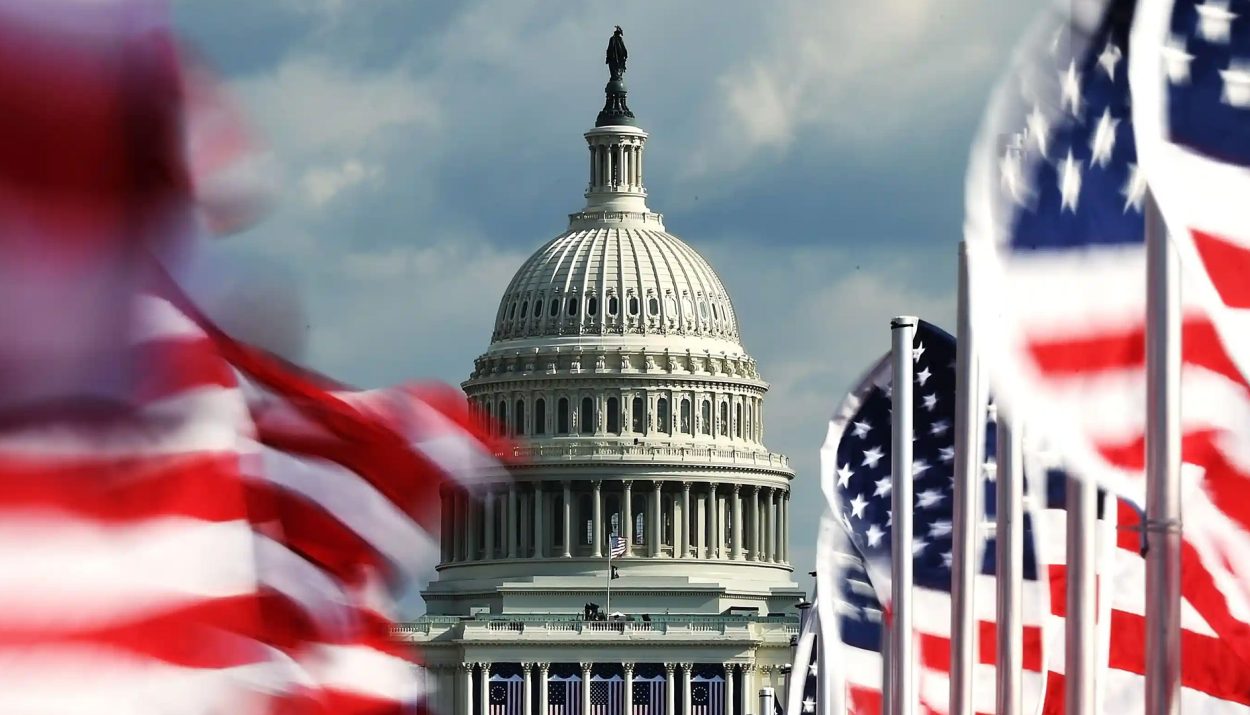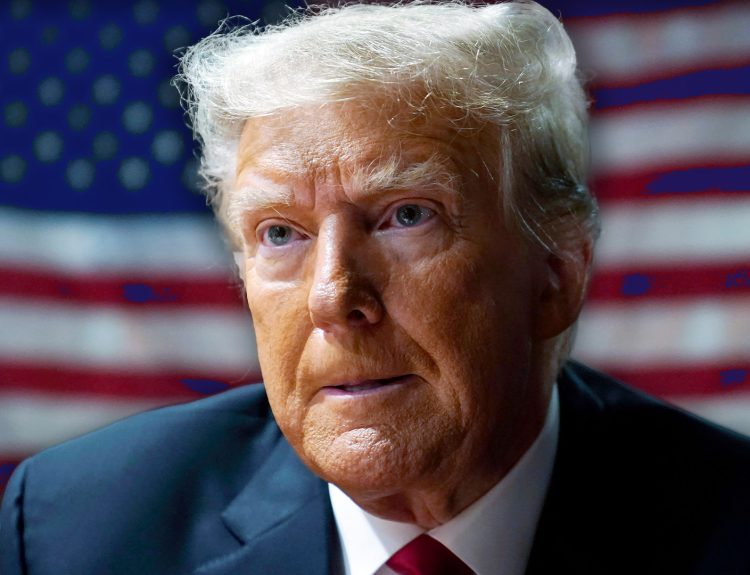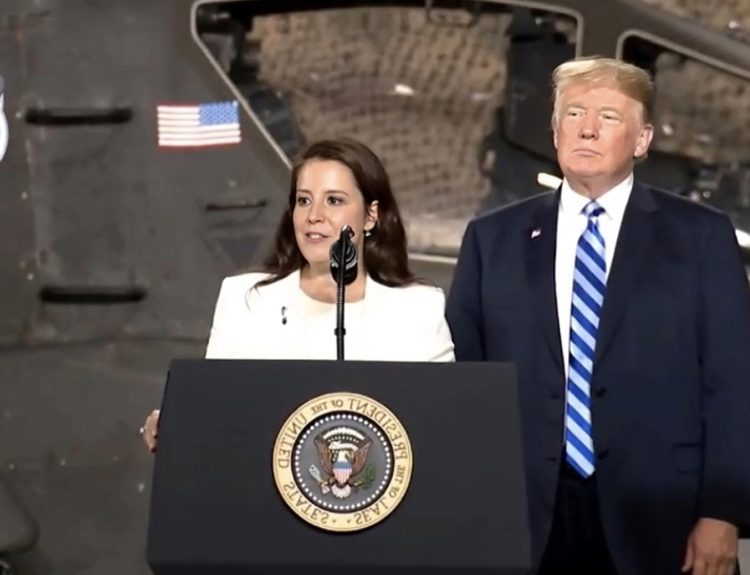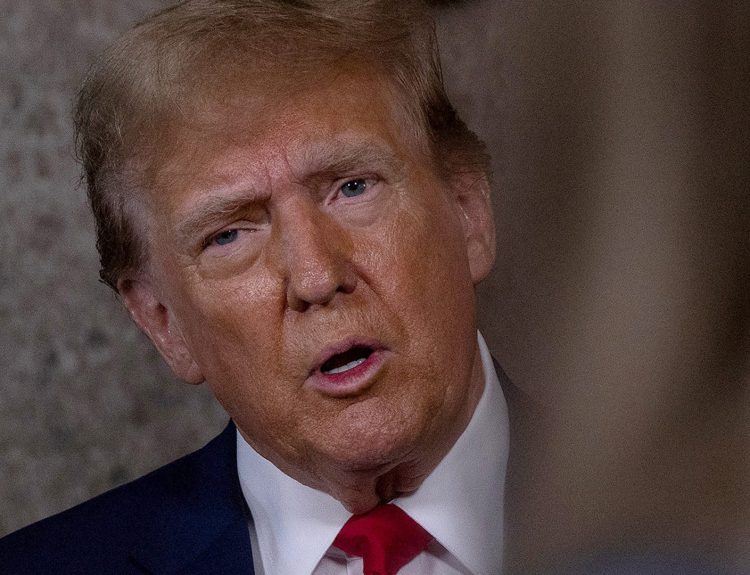Is the government covering up the truth about UFOs? Did the moon landing happen? For many Americans, the official explanations of events don’t seem to add up.
While conspiracy theories have existed for centuries, they seem to have found a particularly receptive audience in the United States. What about American culture makes these elaborate cover-ups and sinister secret plots so believable to so many?
The Prevalence of Conspiracy Theories in America
Many Americans are drawn to conspiracy theories. Recent surveys show that over 50% of Americans believe in at least one conspiracy theory. These theories are appealing because they provide simple explanations for complex events, especially when official explanations seem inadequate.

Conspiracy theories often emerge during times of social or political upheaval. They locate the source of unusual events in powerful, hidden forces with evil intentions. Followers see themselves as truth-seekers fighting against corrupt elites and institutions.
The Appeal of Simple Explanations for Complex Events
Many Americans are drawn to conspiracy theories because they offer simple explanations for complex events that are otherwise difficult to understand. When something shocking or frightening happens, it can be psychologically comforting to believe sinister forces are in control, even if they are malevolent.

Conspiracy theories provide a sense of order and structure amid chaos. Social psychologist Karen Douglas explains, “Believing that there are unseen, intentional forces controlling events in the world provides a sense of order and predictability that some people find reassuring.”
The Chapman University Study
The study analyzed data from over 5,000 Americans to determine how Christian nationalism and biblical literalism correlate with belief in conspiracy theories not backed by evidence. The findings show that those with a strict, literal view of the Bible and belief that the U.S. should be governed based on Christian values were most likely to believe in disproven or implausible conspiracy theories.
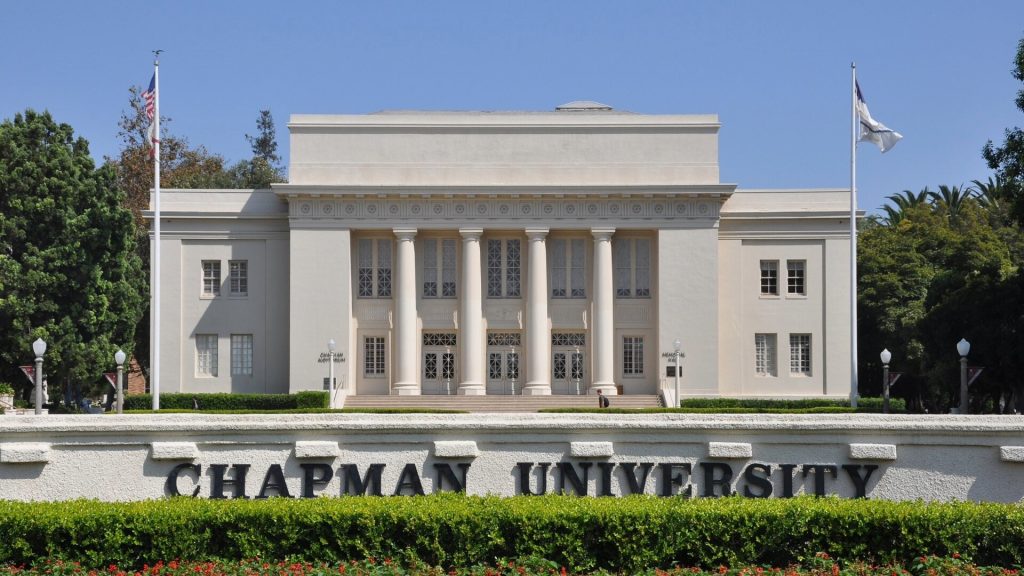
For some, faith in religious doctrine seems to translate to faith in unfounded conspiracy claims not rooted in science or logic. The results highlight how certain religious beliefs may make one more susceptible to accepting ideas not backed by facts.
Christian Nationalists’ Inclination to Conspiracies
Christian Nationalists believe the U.S. was founded as a Christian nation and should remain so. Biblical literalists interpret the Bible word-for-word. The study used data from the 2019 Chapman University Survey of American Fears, which polled 1,219 Christian Nationalists and biblical literalists.

The researchers found these groups are more likely to believe in conspiracy theories related to COVID-19 and election fraud. Study co-author Brooklyn Evann Walker said, “Like many, we were deeply affected by the sharp divisions, fueled by conspiracy theories, that arose around COVID-19 and the 2020 presidential election.”
Christian Nationalists and Biblical Literalists
A recent study published in the Journal for the Scientific Study of Religion delves into the rise of conspiracy theories and government distrust in the United States. This exploration seeks to understand the factors contributing to these phenomena.
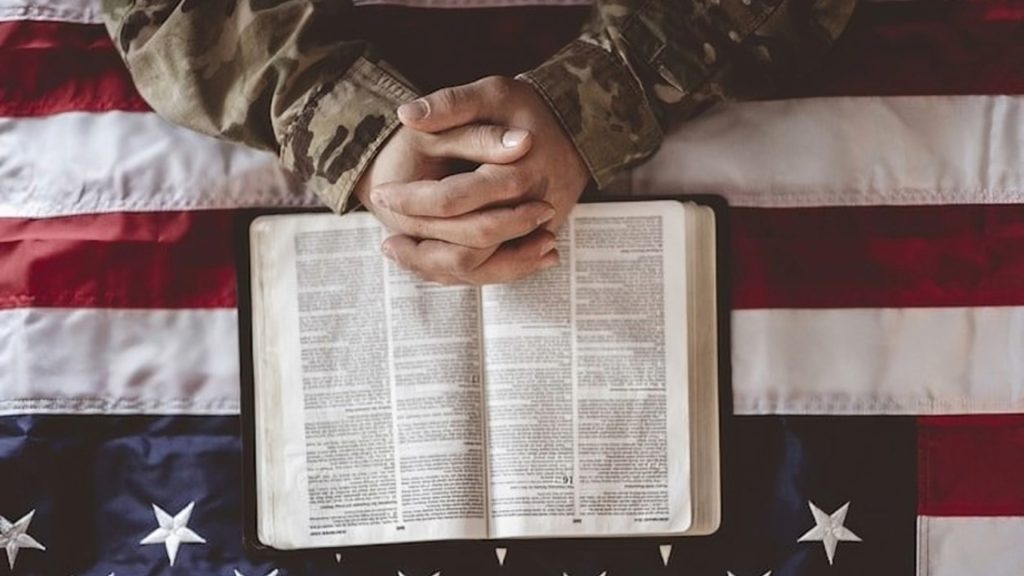
The study identifies Christian Nationalists and biblical literalists as key groups more prone to embracing conspiracy theories and harboring distrust toward government officials. These groups, driven by specific beliefs about the founding principles of the U.S. and the literal interpretation of the Bible, play a crucial role in the study.
Associations with Conspiracy Theories
Examining data from the 2019 Chapman University Survey of American Fears, the research establishes a positive association between belief in conspiracy theories and Christian Nationalism and biblical literalism. Additionally, it uncovers an intriguing amplification effect of biblical literalism on conspiratorial thinking within the context of Christian Nationalism.

The study’s findings indicate that these identified groups are susceptible to existing conspiracy theories and likely to believe in future unfounded claims. Despite limitations such as a small sample size, the implications are worrisome, especially in the current political climate.
Limitations in The Chapman Study
Unfortunately, the study had limitations, like not accounting for psychological factors and a small sample size. However, the results remain concerning, given the current political climate. Understanding why groups are more prone to conspiracies could help address growing societal problems like increasing belief in conspiracy theories and distrust in authority.

The study concluded that “the sense of a threatened nation inherent in Christian nationalism and the anti-elite tendencies in biblical literalism amplify conspiracy thinking and that the two have especially strong effects when they occur together.”
Beyond a One-off Phenomenon
The researchers aimed to determine if Christian Nationalism and biblical literalism impacted America’s tendency “to think in conspiratorial ways.” The study provides insight into why certain groups are more prone to adopting unfounded theories.

As Walker said, “We noted that conspiracy theories related to both COVID-19 and the Big Lie gained traction in religious communities that tended towards biblical literalism and Christian nationalism.” Understanding the roots of conspiratorial thinking and government distrust is crucial to addressing their spread.
Christian Nationalism and Mistrust in Authority
Christian Nationalists believe the United States was founded as a Christian nation and that the government should maintain this religious identity. This belief system is tied to increased distrust in government officials and susceptibility to conspiracy theories, as found by Walker and Vegter.

Their research utilized data from the 2019 Chapman University Survey of American Fears, surveying 1,219 Christian Nationalists, and found this group believes in conspiracy theories more than the general public.
Biblical Literalism
Biblical literalists interpret religious texts word-for-word rather than considering historical context or symbolic meaning. Like Christian Nationalists, biblical literalists exhibit a higher belief in conspiracy theories and distrust of authority, as revealed in Walker and Vegter’s study.

Belief in literal interpretations of religious doctrine amplifies the effects of Christian Nationalism, creating ideal conditions for belief in sinister plots and distrust in elite institutions. Christian Nationalists feel their religious identity and values are under threat in an increasingly secular society.
Support for COVID-19 and Election Conspiracies
The researchers concluded that Christian Nationalists’ and biblical literalists’ belief in conspiracy theories about COVID-19 and the 2020 U.S. election were not isolated incidents. These groups were also more prone to believe in future conspiracy theories.
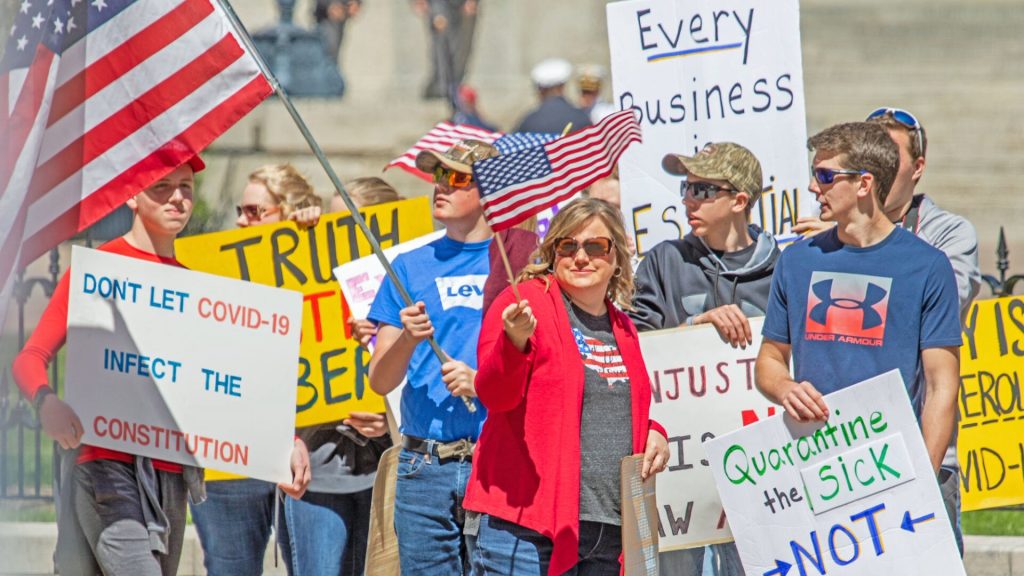
While the study had some limitations, including a small sample size, the findings suggest these religious groups’ support for conspiracy theories could continue to shape the nation’s political divisions.
Personality Traits Associated with Conspiracy Beliefs
Certain personality traits have been linked to a higher likelihood of believing in conspiracy theories. People who perceive more threats and danger in the world, rely heavily on intuition, and see themselves as superior to others appear predisposed to conspiratorial thinking.

Researchers have found that people who believe in conspiracy theories often exhibit a “paranoid style” of thinking. They perceive malicious intent behind events and see the world as a struggle between good and evil.
The Role of Political Extremism in Fostering Conspiracies
Political extremism on both the left and the right fosters belief in elaborate conspiracy theories. People with extreme ideological views are more prone to believe in sinister plots by powerful groups that threaten their values and priorities.
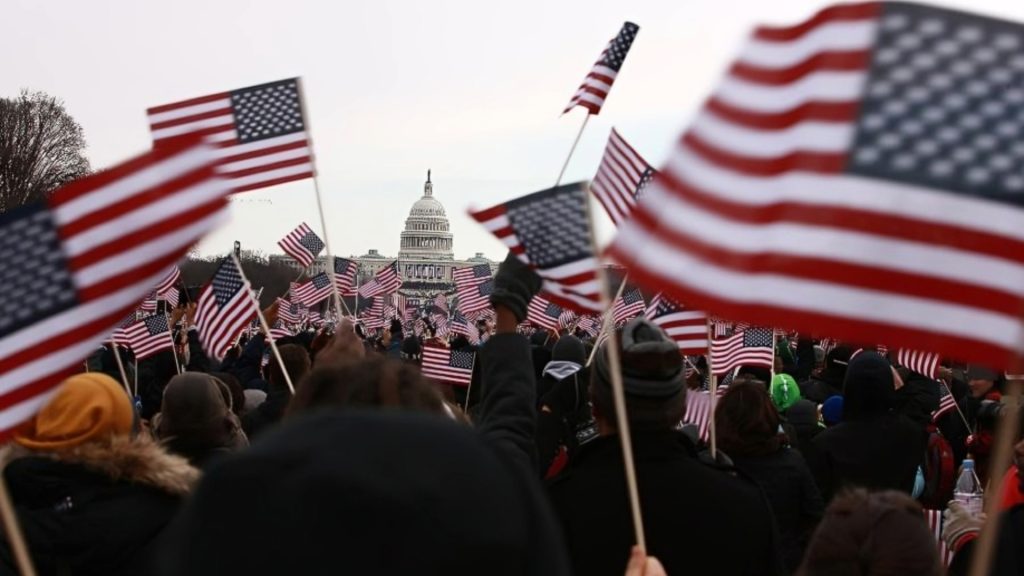
Extremists construct narratives that comport with their preexisting beliefs and attitudes. They seek to explain events in a way that confirms what they already think about politics and society. For extremists, the world is a struggle between good and evil.
Conspiracy Theories Beyond Politics
One popular theory claim that technology companies have developed highly advanced artificial intelligence systems that have become self-aware and are now controlling major tech firms behind the scenes.

Proponents argue that A.I. systems have infiltrated company infrastructure and human resources departments, systematically replacing executives and engineers with A.I. replicas to take control of these companies. They claim this explains tech giants’ exponential growth and dominance in recent years.
The Evolutionary Roots of Conspiracy Thinking
The belief in elaborate secret plots and cover-ups has deep evolutionary roots. According to psychologist Karen Douglas, our ancestors lived in small, tight-knit communities where suspicion of outsider groups was necessary for survival.

While conspiracies were once adaptive, they often attribute the cause of events to unseen evil forces. Studies show conspiratorial ideation exhibits complexity and relates to many factors. Psychologist Karen Bowes found the strongest associations were with perceiving danger, relying on intuition, and being antagonistic.
Strength of Attitudes
How strongly a person feels about an issue directly impacts their openness to opposing stances. Those with extreme or rigid beliefs are more prone to motivated reasoning. They see arguments that match their views as inherently stronger than those that don’t.

The influence of motivated reasoning intensifies for highly engaged individuals for whom an issue is most personally important. The accumulation of knowledge on a topic can further fuel one’s ability to brush off clashing evidence and avoid exposure to conflicting ideas altogether.
How Conspiracy Theories Spread in the Digital Age
Conspiracy theories spread like wildfire in the digital age. The internet provides an ideal breeding ground for outlandish ideas to gain traction. Once a theory emerges on social media or fringe websites, it can spread globally within hours.

The internet’s openness means anyone can publish and promote their ideas, regardless of expertise or credibility. Dubious claims and “alternative facts” spread as easily as the truth. Social media algorithms prioritize engagement over accuracy.
Learning to Identify Misinformation and Conspiracy Theories
It’s important to develop strong critical thinking skills to avoid falling for conspiracy theories and misinformation. The desire to make sense of unpredictable events often leads people to accept implausible explanations, even if little evidence supports them.
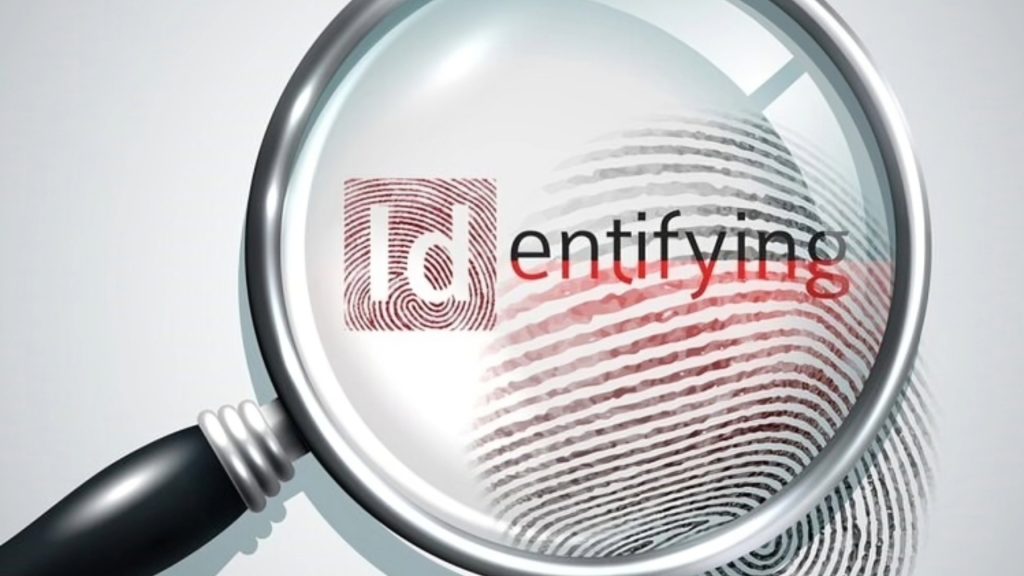
According to research, conspiracy theories often attribute unexplained events to secret, malevolent groups. They frequently frame issues as a struggle between good and evil. Additionally, conspiracies often dismiss mainstream reporting as an attempt to mislead the public.

